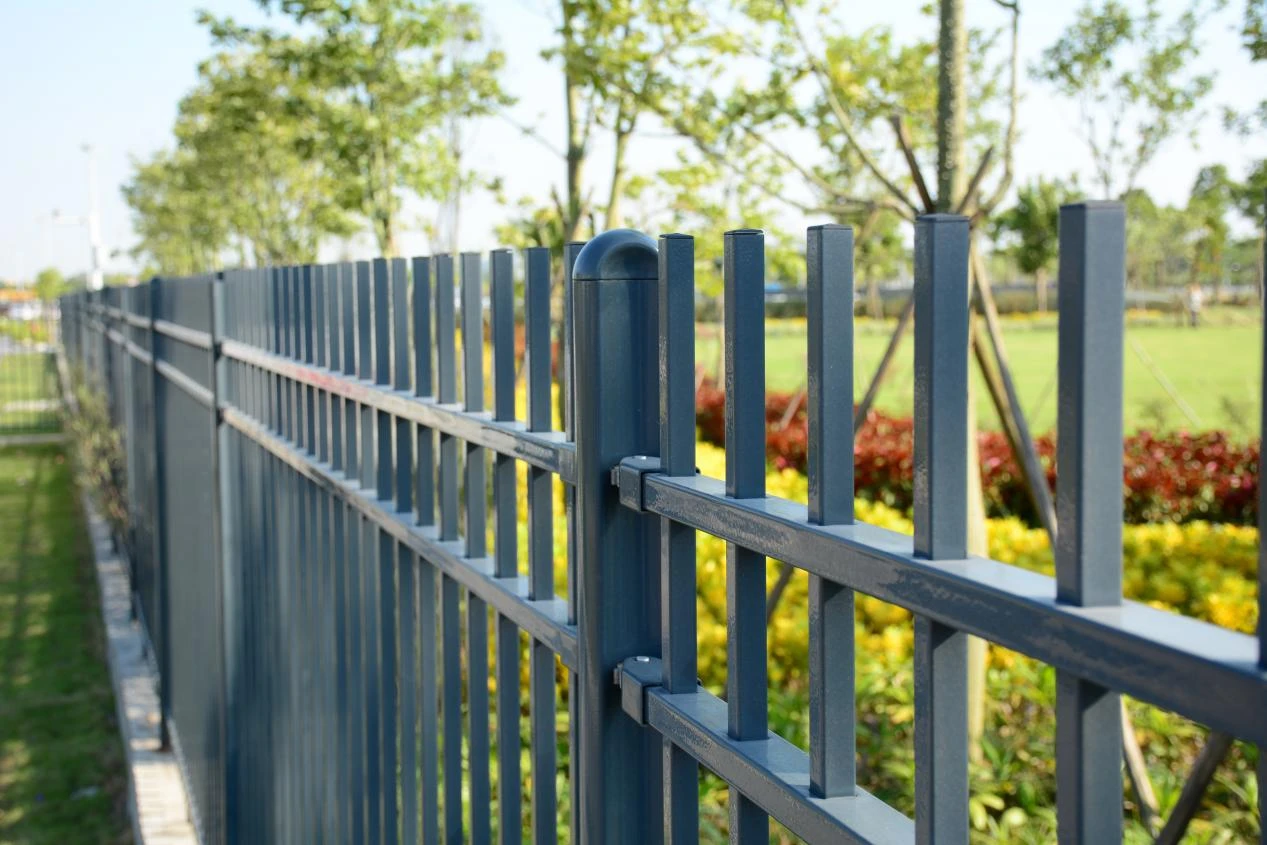trailer suspension springs
يناير . 02, 2025 20:05
Understanding Trailer Suspension Springs Importance, Types, and Maintenance
Trailer suspension springs are crucial components that provide stability, comfort, and safety during transportation. They play an essential role in ensuring that the trailer can carry loads effectively while absorbing shocks and vibrations from the road. This article will delve into the importance of trailer suspension springs, the various types available, and tips for maintenance to ensure a long lifespan.
Importance of Trailer Suspension Springs
The primary function of trailer suspension springs is to support the weight of the trailer and its load while maintaining an even distribution of weight across the wheels. This distribution helps to prevent uneven tire wear and ensures that the trailer tracks straight, which is critical for safe towing.
Additionally, suspension springs absorb shocks and bumps from the road, providing a smoother ride for both the trailer and its cargo. This is particularly important for heavier loads, as excessive bounce or sway can lead to instability and control issues. An effective suspension system enhances the overall driving experience, reducing strain on the tow vehicle and improving fuel efficiency.
Moreover, suspension springs contribute to the longevity of the trailer. By minimizing the impact of road shocks on the trailer's frame and components, they help prevent premature wear and potential damaging failures. This, in turn, saves costs on repairs and replacements, making regular maintenance of suspension springs a practical decision for any trailer owner.
Types of Trailer Suspension Springs
There are several types of suspension springs commonly used in trailers, each with its unique characteristics and advantages
1. Leaf Springs These are one of the most traditional forms of suspension springs used in trailers. Leaf springs are made of layers of metal that are curved into an arc. They are known for their robustness and ability to handle heavy loads, making them ideal for larger trailers. Leaf springs also provide good stability on rough terrain but can deliver a stiffer ride compared to other types.
2. Torsion Springs These springs operate on a different principle, utilizing a system of rubber cords and a metal axle. Torsion axles are designed to absorb shocks through twisting motion rather than bending. This design allows for a smoother ride and less maintenance since there are fewer components exposed to wear and tear. Torsion springs are frequently chosen for lightweight trailers and are praised for their low-profile and compact design.
3. Air Ride Systems More advanced trailers may utilize air ride suspension systems, which use air-filled bags instead of traditional springs. These systems provide superior shock absorption and can easily adjust to varying loads, resulting in a consistently smooth ride. They are particularly popular in the transportation industry for long-haul trailers, where cargo protection and driver comfort are paramount.
trailer suspension springs

4. Coil Springs Similar to those found in many passenger vehicles, coil springs compress and expand to absorb shocks. They offer a comfortable ride and are often used in smaller to medium-sized trailers. These springs can be combined with other suspension types to enhance performance.
Maintenance Tips for Trailer Suspension Springs
Proper maintenance of trailer suspension springs is essential to ensure their longevity and performance. Here are some practical tips
1. Regular Inspections Periodically check for any signs of wear and tear, including cracks, rust, or deformation. Early detection can prevent more significant issues down the road.
2. Lubrication If your suspension system includes moving parts, ensure they are adequately lubricated to avoid friction and wear. Generally, this applies to leaf springs more than others.
3. Weight Distribution Ensure that loads are evenly distributed across the trailer to prevent excess strain on individual springs. Avoid overloading the trailer as this can lead to premature failure.
4. Alignment Checks Misalignment can place undue stress on suspension components. Have your trailer’s alignment checked regularly, especially after driving over rough terrain.
5. Professional Servicing If you suspect any issues with your suspension system, or if you're due for routine service, it’s wise to consult a professional. They can provide insights that are vital for maintaining your trailer’s safety and performance.
Conclusion
In summary, trailer suspension springs are vital components that ensure stability, comfort, and safety while towing. Understanding the different types of springs available helps in making informed choices for your specific needs. By adhering to regular maintenance practices, trailer owners can promote longevity and efficiency in their suspension systems, making every journey safer and more enjoyable.




















